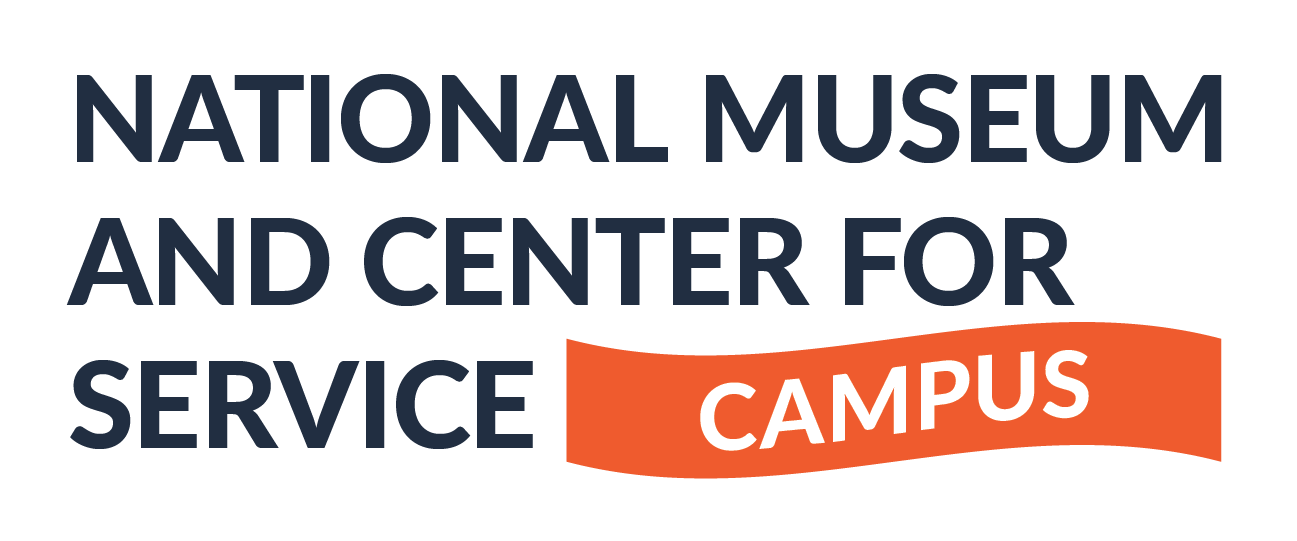Interview with Mrs. Nina Santiago
Text of the Full Interview Below:
For Nina Santiago, public service was not the obvious path, but in a way, it was in her blood.
As a child, Nina was surrounded by politics. Her father was involved in pro-political fraternities, canvassed for presidents, and regularly took her along to meetings. Her grandfather was a lawyer in the rural Philippines. Both men worked to better their communities. Thus, the idea of giving back to the community was modeled for Nina. At Sidwell Friends, her earlier values were reassured, and the school’s mission of service cemented what she had already learned at home.
Surprisingly, Nina did not immediately enter public service. She studied economics and East Asian studies and worked for endowed nonprofit organizations. She was not considering Law school until a friend at Holy Trinity Church gave her a syllabus detailing her Law 101 Course. Nina liked what she saw.
So, she dived in. She started by taking 200 practice LSATs to prepare for Law School. Her diligence paid off, earning her a spot at Georgetown. At this point, she aspired to work at a large firm rather than in the public sector.
Her legal career began during the 2008 financial crisis, a tough time to start.
One of her formative experiences was a pro bono immigration case she took where a young man’s father had been targeted. She helped win his right to stay in the U.S. The family was so grateful, and they invited her to IHOP to celebrate. Although she was deeply gratified by her impact on the family, she walked away from the experience with a realization. She did not want the emotional weight of life-changing cases every day.
However, she still wanted to do work that was connected to a larger mission; it did not have to be so high-stakes to be meaningful.
Maintaining her belief in the importance of the mission of fighting for those without much, she left that specific firm. However, this longstanding belief was complemented by her new perspective that she could find that sense of service outside of her career, in other areas of life.
As mentioned, for people entering the workforce, 2008 was a tough time. Nina went through 18 months without a full-time position after spending time with different firms. But her father’s advice stuck with her: “You only need that one good yes.”
Eventually, that “yes” came from the FBI, where she was offered a position in the Office of the General Counsel. She did not particularly like her first assignment (e-discovery), but it introduced her to the Freedom of Information Act (FOIA) work, which she grew to love.
She is drawn to work promoting government transparency because she believes the people ought to know what is going on in their government, so they can better hold those in power accountable.
Ultimately, she moved to the Bureau of Alcohol, Tobacco, Firearms, and Explosives (ATF), where she feels she has found home. She views the ATF as family, citing that it is a bureau where leadership truly cares for its workers. She mentioned that being fundamentally happy at work is undervalued, but not at the ATF.
At home, she teaches these values to her daughter: justice, fairness, and curiosity.
Nina Santiago’s primary message is that there is not just one path to public service. People may start out thinking it is one thing, but that does not mean you cannot make your way back to your purpose. Stay open, and do not underestimate the value of being happy where you are.

